
Have you ever wondered what happens to a personal loan when the main applicant or the borrower dies? Well, it does not go away for sure and is a real concern for families in India. In this guide, we will explore what can happen in the case of the death of the borrower in a step-by-step manner.
The official process starts once the lender receives the information of the death of the borrower. This requires three main things:
The next step is the settlement of the loan amount or loan recovery, as the loan does not disappear under any circumstances. The following are some of the loan settlement or recovery methods:
Let us understand how the entire process works by taking a real-world example. Now, in this scenario, Mr. Sharma has the following:
Now, due to a sudden illness, Mr.Sharma has passed away. Then this is what will happen:
Now, let us see what the various methods used for debt settlement in India are from the table below:
| Method | When Used | Who Pays | Credit Score Impact |
| Estate Recovery | Borrower dies | Lender claims from the estate | Neutral |
| Co-applicant/Guarantor | Borrower dies or defaults | Co-applicant / guarantor | None, unless the default happens |
| Loan Insurance | Borrower dies with policy | The insurance company pays | None |
| Refinancing | Borrower struggling alive | The borrower takes a new loan | Slight impact (new loan) |
| Loan Settlement | Borrower in financial trouble | Borrower pays an agreed lower amount | Negative (settled-marked) |
| Restructuring | Temporary financial hardship | Borrower pays EMIs over an extended term | Neutral to slight impact |
| Legal Recovery | Borrower defaults or dies, no insurance/co-sign | Borrower’s estate or assets auctioned | Severe |
When a borrower dies in India with an outstanding personal loan, the debt is not simply forgiven. Instead, it is handled through a structured process:
This is the system designed to protect both families and lenders, while preventing undue burden, stress or harassment. Please note that this article is for informational purposes only and does not constitute legal advice. If you want to know more about loans, insurances or investments, do visit InvestKraft, which offers all BFSI services on one platform.
Yes. If the borrower dies and leaves no assets, a co-applicant, or insurance, the loan liability also ends. Heirs are not responsible beyond the estate’s value.
The lender recovers dues from the estate. If there is nothing, the loan ends there. Please note that the heirs are not personally liable.
No. Insurance pays the lender, but any leftover from the estate still goes to legal heirs as normal inheritance.
Usually, it takes around 4 to 8 weeks. However, it depends on how swiftly documents (death certificate, succession certificate, and other documents) are submitted.
Yes. If heirs inherit property and the loan is outstanding, lenders may claim from that property, up to the owed amount only.

Diwakar Kumar Singh is a finance writer and BFSI specialist with 7+ years of experience in financial content and research. He has authored hundreds of finance articles, published multiple books internationally, and contributed to research publications. A Gold Medalist MBA from IMT, he brings a strong analytical understanding combined with clear, reader-focused communication. His work focuses on simplifying complex financial topics, including IPO analysis, unlisted shares, financial ratios, and company evaluations, providing well-researched and evidence-based insights to help readers make informed financial decisions.

For students, getting an instant loan is always a massive challenge. Why? Because you usually...
Read more...
Instant loan apps have completely changed how Indians borrow money. Whether you need ₹1,000 ur...
Read more...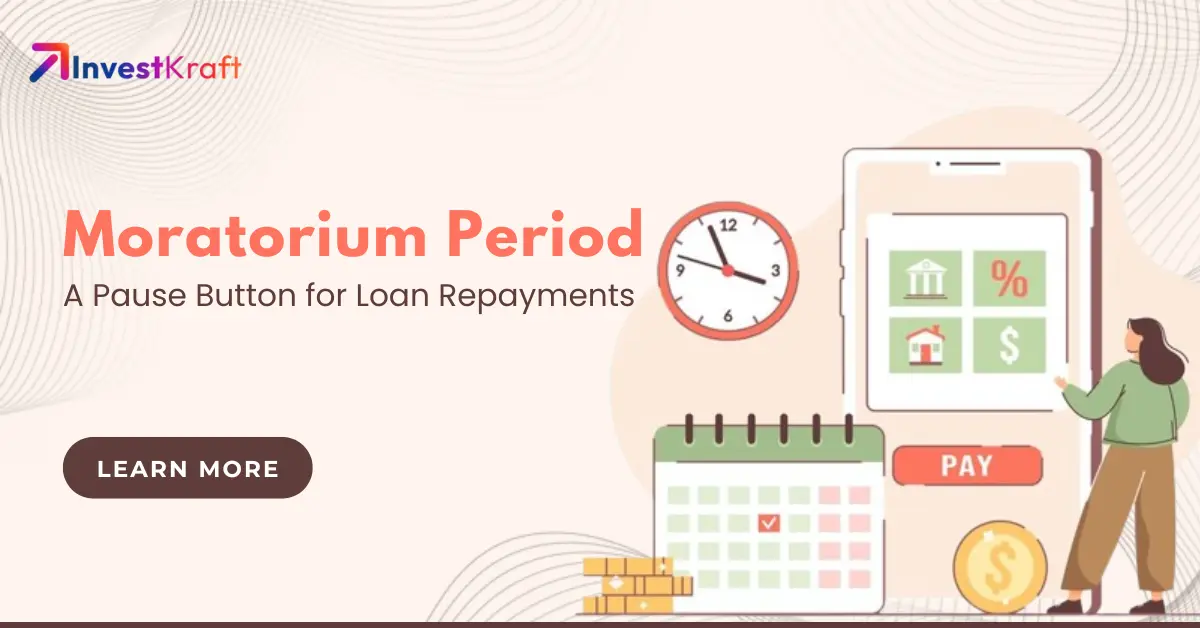
Financial jargon, whether taking a loan or opening a bank account, can be confusing and tricky. Thes...
Read more...
Establishing and maintaining a healthy credit score can seem overwhelming, particularly for new borr...
Read more...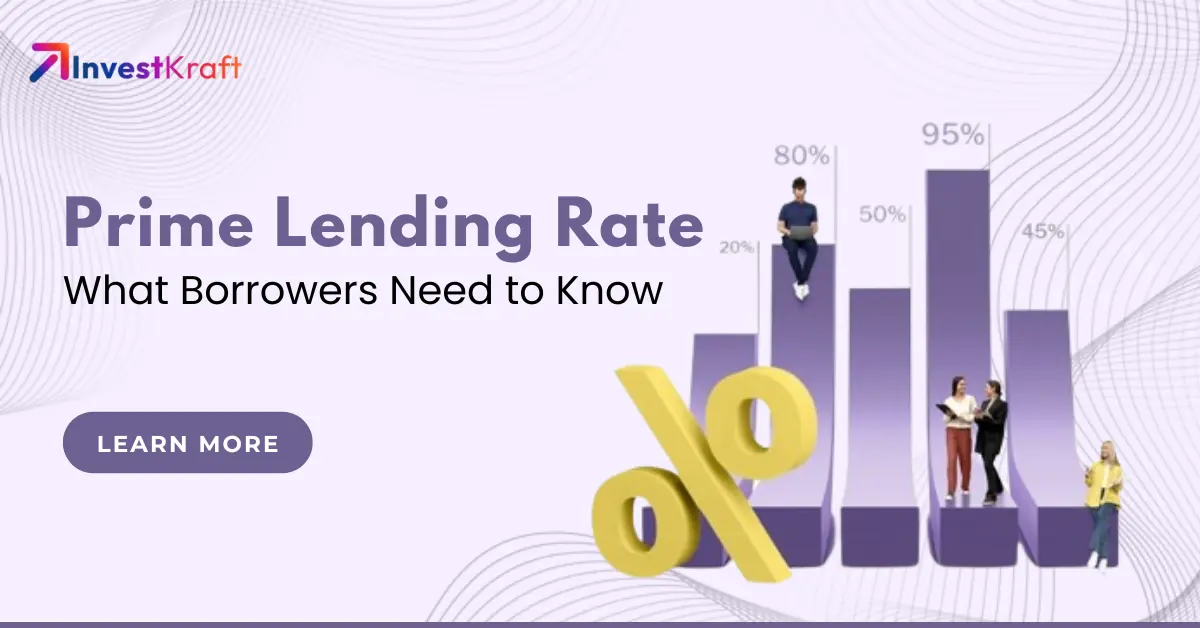
When purchasing items on credit, it is common to need a financial investment and many turn to loans...
Read more...
Foreign banks bring crucial international expertise and capital to India’s BFSI industry, benefiting...
Read more...
Peer-to-peer lending, or P2P lending, offers a way for individuals to borrow and lend money without...
Read more...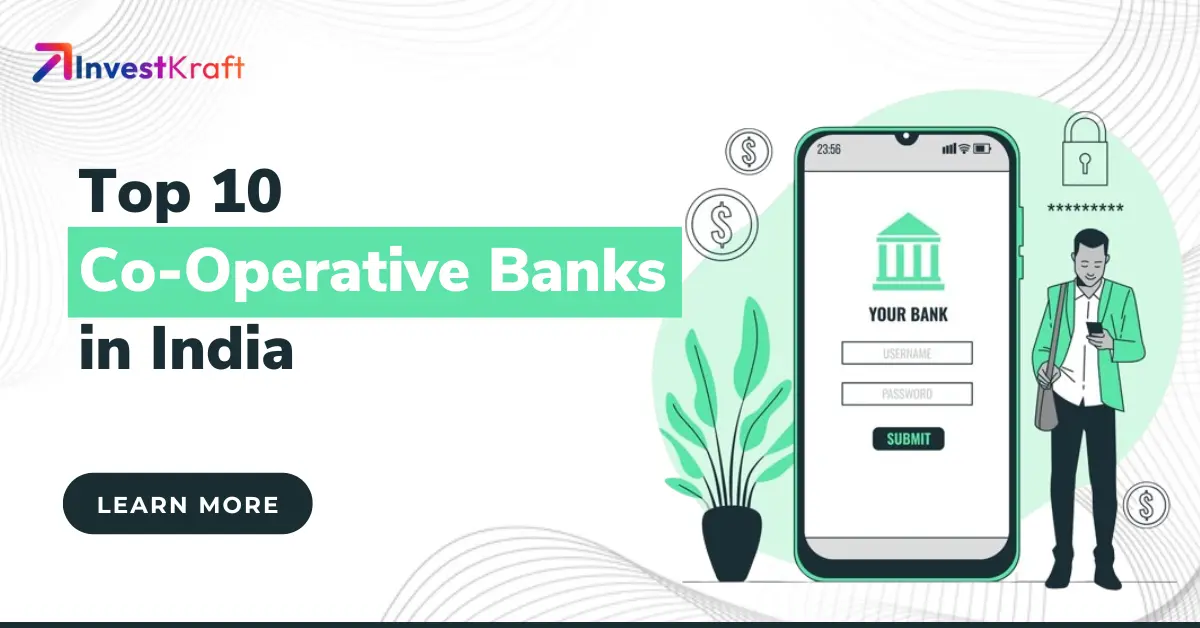
The role of cooperative banks in a rapidly growing nation like India is of crucial importance. The c...
Read more...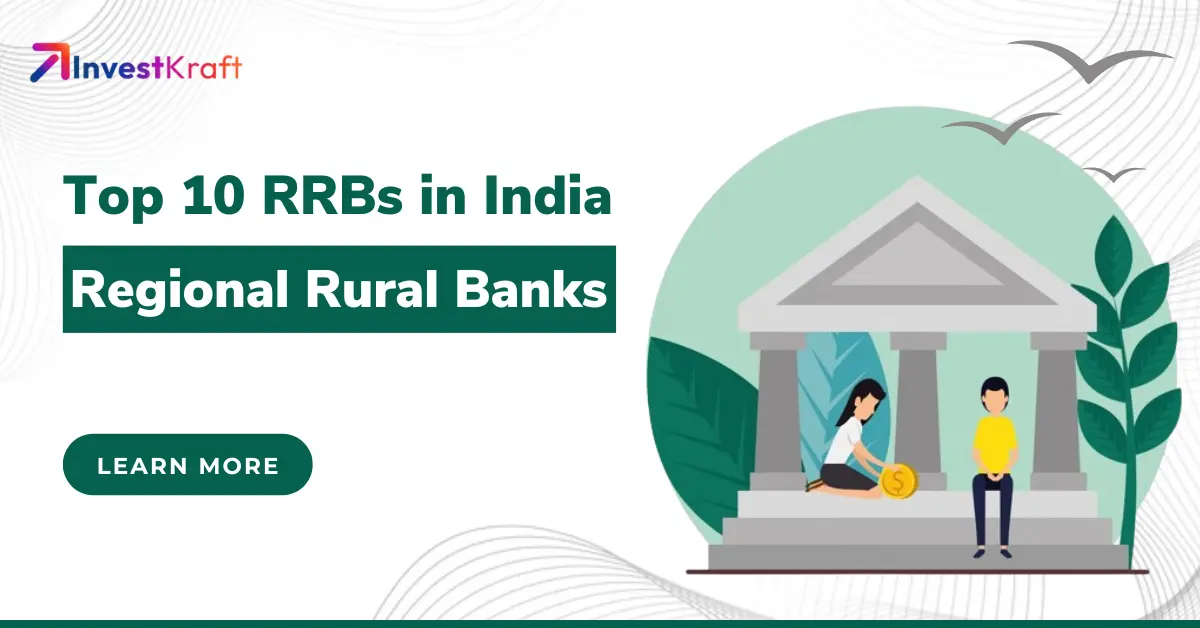
Established on the recommendations of the Narasimhan Working Group in 1975, Regional Rural Banks (RR...
Read more...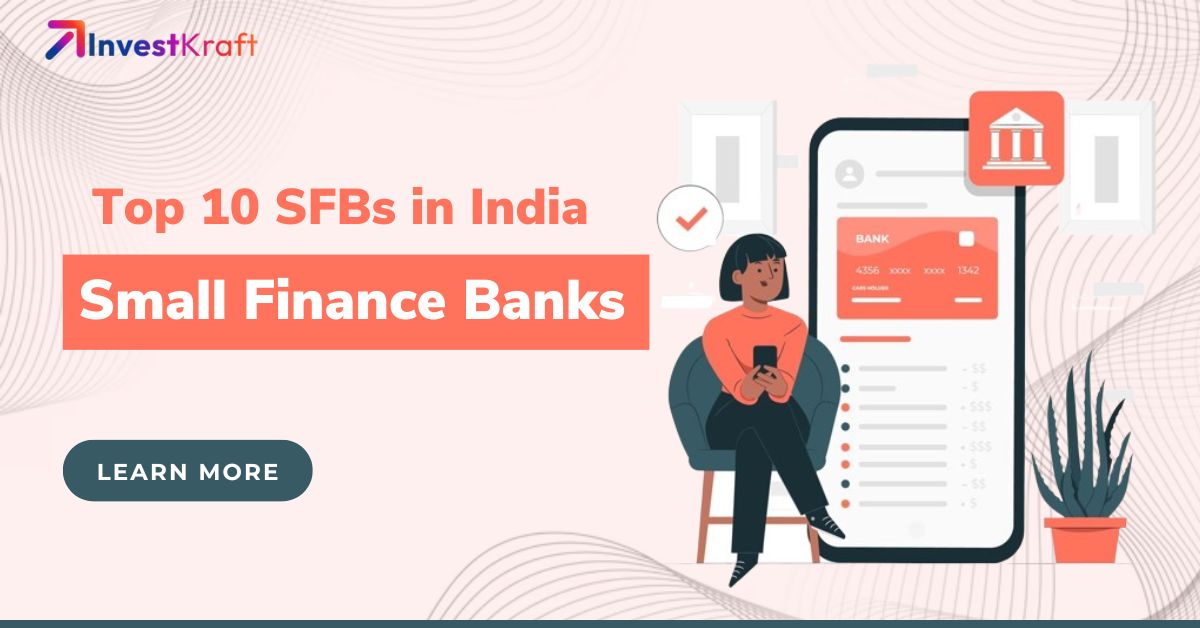
Small Finance Banks aim to empower marginalized groups in society, including small businesses, margi...
Read more...Reach out to our Experts if you have any Doubts
Drop a Mail or give us a Missed Call & Begin your Investment Journey here
